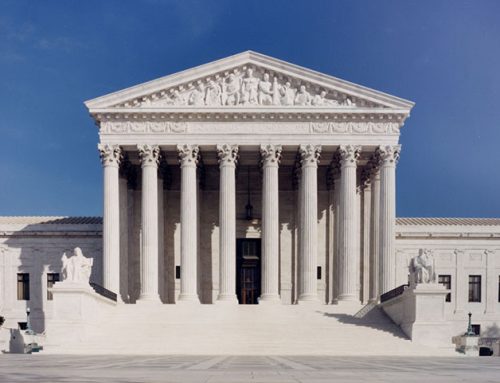Virginia’s Legislative Shift: A New Hope for Adult-Use Cannabis Sales
NEW YORK- The political landscape in Virginia is undergoing a significant transformation as Democrats regain full control of the General Assembly, bringing renewed optimism for the launch of an adult-use cannabis market. This development comes with high expectations, as projections suggest the market could exceed $1 billion in sales within a few years, positioning Virginia as a trailblazer in the South for cannabis legalization.
However, the path to establishing a legal marketplace is fraught with challenges, chief among them being Republican Governor Glenn Youngkin. Known for his national political aspirations and apparent disinterest in facilitating a legal cannabis market, Youngkin’s stance poses a formidable hurdle. His previous actions, particularly blocking legislation that could have kickstarted legal adult-use cultivation and sales by summer 2024, underscore the challenges ahead.
Despite these obstacles, Democrats’ success in retaining control of the state Senate and regaining the House of Delegates in November signals a potential shift. The victories, though yielding slim majorities vulnerable to veto, create a pathway for adult-use retail sales legislation to reach the governor’s desk. However, without a supermajority, any significant legislative effort must align with Youngkin’s perspective to have a chance of success.
Virginia’s journey towards legal adult-use cannabis began in 2021, with initial sales slated for January 1, 2024. With a population of 8.6 million, the state’s market potential is significant. The 2023 MJBiz Factbook projects $475 million in legal sales in the first year, doubling to over $1 billion by the third year. Yet, this projection hinges on bipartisan cooperation and overcoming gubernatorial resistance.
The situation is further complicated by the growth of unlicensed cannabis operations and the presence of “gifting” stores, which sell cannabis at lower prices than legal medical dispensaries. This burgeoning illicit market, estimated at $2.4 billion by New Frontier Data, flourished under Youngkin’s administration, raising public health and safety concerns.
Key players in the cannabis industry, such as Trent Woloveck of Jushi Holdings, emphasize the urgency of bipartisan efforts to establish a legal market. Delays in legislation not only hinder the industry’s growth but also inadvertently support illicit activities. The hope is that a bipartisan bill, appealing to both chambers, can be developed to address these issues.
Democratic State Senator Adam Ebbin, a leading proponent of cannabis reform, remains cautious yet hopeful. His previous bill, which passed the Senate but failed in the House, aimed to set up regulations for cultivation and retail sales by July 2024. Ebbin plans to introduce a new bill in the upcoming legislative cycle, though he acknowledges the uncertainty surrounding Youngkin’s position.
Meanwhile, the state’s medical marijuana market, currently limited to a few licensed operators, might serve as an interim solution, though it faces its own challenges. Prices for medical cannabis in Virginia are notably higher than in neighboring states or the illicit market, highlighting the need for a more accessible and regulated adult-use market.
In summary, Virginia stands at a critical juncture. With the recent legislative shift, there is a glimmer of hope for the establishment of a legal adult-use cannabis market. However, the path forward is complex, requiring nuanced political maneuvering and bipartisan collaboration to navigate the obstacles presented by Governor Youngkin’s administration and to align with the broader public interest.



































